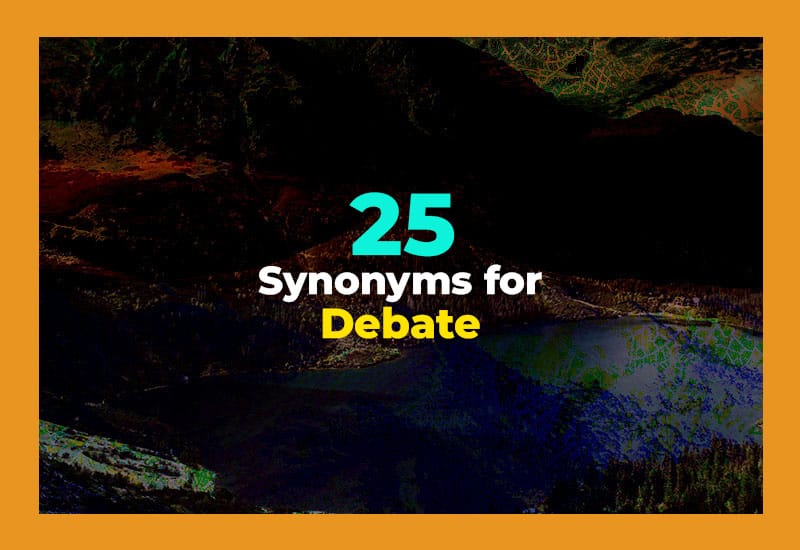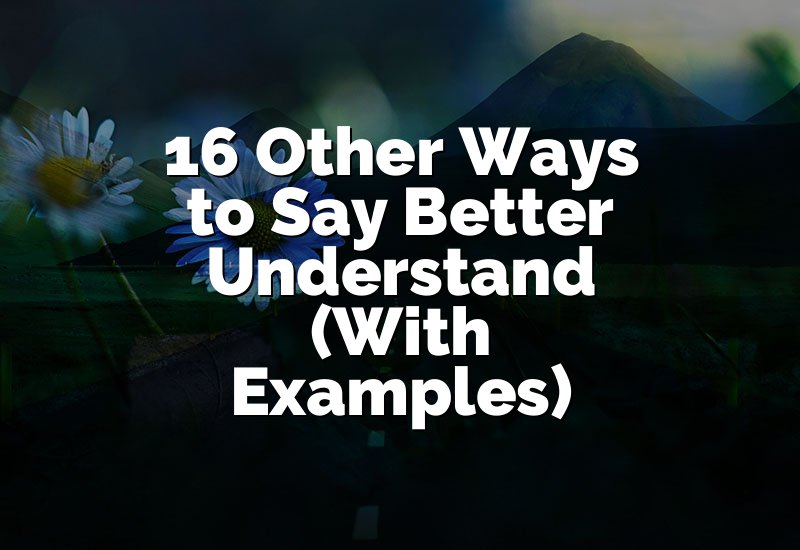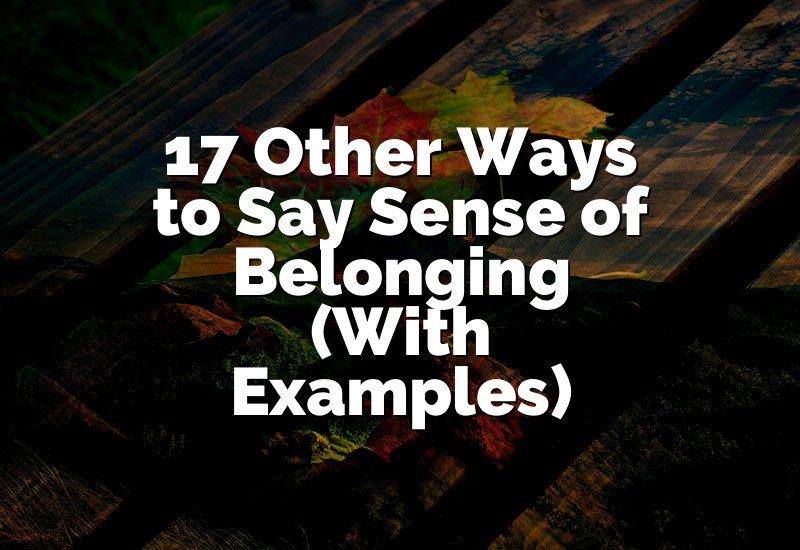Have you ever wanted to say “debate” in another way? Sometimes we need words like discussion, argument, or dialogue. They all mean talking about ideas, but each feels a bit different. Today, we will explore 25 easy synonyms for debate. You can use them in writing, speaking, or just chatting with friends. Let's make talking about ideas simple and fun together!
1. Discussion
A discussion is when people talk about ideas. It can be calm and friendly. For example, "We had a discussion about school rules." Or, "The discussion helped everyone understand the problem." Another example is, "During the discussion, she shared her opinion clearly." Discussions are great when you want to share ideas without arguing. They are easy, polite, and help people learn from each other. A discussion can be short or long, but it always focuses on exchanging ideas.
2. Argument
An argument is when people disagree strongly and talk about it. For example, "They had an argument about the movie." Or, "The argument ended with both sides angry." Another example is, "He lost the argument but learned new points." Arguments can be serious or small. They often involve proving who is right. Use argument when people show strong opinions and try to convince others. Arguments can also teach lessons if handled carefully.
3. Dispute
A dispute is a fight or disagreement about something important. For example, "The workers had a dispute about pay." Or, "The dispute lasted for weeks." Another example is, "They solved the dispute with help from a manager." Dispute is stronger than a discussion. It shows tension or conflict. People use it for serious disagreements. You can solve a dispute by talking, listening, or compromise.
4. Dialogue
A dialogue is a polite talk between people. It helps to share ideas and listen. For example, "The dialogue between teachers and students was helpful." Or, "They opened a dialogue about new rules." Another example is, "Dialogue is better than fighting." Dialogue is friendly. It focuses on understanding, not winning. Use dialogue when you want calm, open conversations.
5. Deliberation
Deliberation is careful thinking and talking before making a decision. For example, "The council had a long deliberation about the law." Or, "Deliberation helped them choose the best plan." Another example is, "We need deliberation before deciding." Deliberation is slow and careful. People discuss all sides. It is polite and smart. Use deliberation when decisions need thinking and discussion.
6. Contention
Contention is when people argue or fight over ideas. For example, "There was contention about who should lead." Or, "Contention grew between the two teams." Another example is, "He spoke with great contention in the meeting." Contention shows strong disagreement. It can be loud or heated. Use contention when people compete to prove their point.
7. Exchange
An exchange is when people share ideas or information. For example, "They had an exchange of thoughts in class." Or, "Exchange of ideas helps everyone learn." Another example is, "The exchange was friendly and useful." Exchange is polite and open. People listen and speak. It is simple and helps ideas grow. Use exchange for friendly idea-sharing talks.
8. Disagreement
Disagreement is when people do not agree. For example, "There was a disagreement about homework." Or, "Disagreement can teach new points." Another example is, "He handled the disagreement calmly." Disagreement is normal. People see things differently. It does not always mean anger. Use disagreement for small or big differences in opinions.
9. Disputation
Disputation is formal talk about ideas, often to prove something. For example, "The disputation was held at the school." Or, "Disputation helps people show their reasoning." Another example is, "He prepared for the disputation carefully." Disputation is serious. It uses facts and examples. People try to convince others. Use disputation when you need a smart or formal discussion.
10. Contest
A contest is a fight or challenge of ideas. For example, "The debate contest was exciting." Or, "They joined a contest to prove their skills." Another example is, "The contest helped students think fast." Contest is fun and serious. People compete with arguments. Use contest when showing skills or opinions in a challenge.
11. Forum
A forum is a place where people talk about ideas. For example, "The online forum discussed books." Or, "The city forum helped citizens share problems." Another example is, "Forums allow everyone to speak." Forum is public and open. People can ask, answer, or share. Use forum for community or group talks.
12. Panel
A panel is a group of people who discuss or answer questions. For example, "The expert panel talked about health." Or, "The panel answered questions from the audience." Another example is, "Panels are useful for learning different views." Panel is organized. People share ideas together. Use panel for formal or educational discussions.
13. Negotiation
Negotiation is talking to reach agreement. For example, "The countries had negotiation about trade." Or, "Negotiation solved the problem quickly." Another example is, "Good negotiation needs listening and compromise." Negotiation is polite and smart. People work to find a solution. Use negotiation when decisions need agreement.
14. Examination
Examination is careful study or talk about a topic. For example, "The examination of the rules was helpful." Or, "Examination helps find mistakes." Another example is, "They did an examination of the project." Examination is serious. People analyze ideas closely. Use examination when you study ideas or talk in detail.
15. Dissection
Dissection is detailed discussion or study of something. For example, "The teacher did a dissection of the essay." Or, "Dissection helps understand ideas deeply." Another example is, "We did a dissection of the problem in class." Dissection is careful and detailed. People look at every part. Use dissection for in-depth analysis of ideas.
16. Confab
A confab is a short and informal talk. For example, "We had a confab about the homework." Or, "Confabs are fun and quick." Another example is, "He joined a confab with friends." Confab is casual. It is friendly and short. Use confab for quick chats or idea-sharing.
17. Disquisition
Disquisition is a long talk or essay about a topic. For example, "The professor wrote a disquisition on history." Or, "Disquisition shows deep knowledge." Another example is, "Students prepared a disquisition for class." Disquisition is formal and detailed. It teaches or explains. Use disquisition for serious talks or papers.
18. Wrangle
Wrangle is a noisy argument or fight about ideas. For example, "The teams wrangled over the rules." Or, "Wrangling lasted for hours." Another example is, "He tried to stop the wrangle politely." Wrangle is loud and emotional. People argue strongly. Use wrangle for intense or heated debates.
19. Debate session
A debate session is an organized talk to argue ideas. For example, "The debate session was held in class." Or, "Students learned a lot in the debate session." Another example is, "Debate sessions help improve speaking skills." Debate sessions are formal and planned. People prepare arguments. Use debate session for school, college, or public events.
20. Review
A review is looking at ideas and talking about them. For example, "We had a review of the project." Or, "Review helps improve work." Another example is, "The review showed mistakes and fixes." Review is careful and helpful. People give opinions. Use review for checking, studying, or discussing work.
21. Roundtable
A roundtable is a discussion with people sitting together equally. For example, "The roundtable talked about new plans." Or, "Roundtable meetings share all views." Another example is, "Everyone spoke during the roundtable." Roundtable is friendly and fair. People share ideas openly. Use roundtable for group discussions.
22. Talk
A talk is simple and easy discussion. For example, "We had a talk about homework." Or, "Talks help solve problems quickly." Another example is, "She gave a talk about health." Talk is casual or formal. People listen and speak. Use talk for everyday discussions.
23. Discourse
Discourse is serious talk or writing about ideas. For example, "The discourse on science was long." Or, "Discourse helps people think deeply." Another example is, "The teacher led discourse in class." Discourse is formal. People explain ideas clearly. Use discourse for serious or educational discussions.
24. Brainstorm
Brainstorm is sharing ideas quickly to solve a problem. For example, "We did a brainstorm for new games." Or, "Brainstorm gave many ideas." Another example is, "Brainstorm helps find creative solutions." Brainstorm is fast and fun. People suggest freely. Use brainstorm for creativity and teamwork.
25. Reasoning
Reasoning is using logic and talk to explain ideas. For example, "He used reasoning to solve the puzzle." Or, "Reasoning helped them choose the best answer." Another example is, "Good reasoning makes ideas clear." Reasoning is smart and careful. People explain why something is true. Use reasoning for clear thinking and discussions.
Final Thoughts
Now you know 25 easy synonyms for debate. Some are casual, like talk or confab. Some are formal, like disquisition or discourse. Some show strong disagreement, like argument or wrangle. Use them based on your situation. They make your speaking and writing better. Try them in school, work, or stories. Using synonyms helps ideas flow smoothly and makes communication fun and clear for everyone.

| Synonym | Meaning | Example Sentence |
|---|---|---|
| Discussion | Polite talk to share ideas | We had a discussion about school rules. |
| Argument | Strong disagreement | They had an argument about the movie. |
| Dispute | Serious disagreement | The workers had a dispute about pay. |
| Dialogue | Friendly conversation | The dialogue between teachers and students was helpful. |
| Deliberation | Careful discussion before decision | The council had a long deliberation about the law. |
| Contention | Strong disagreement | There was contention about who should lead. |
| Exchange | Sharing ideas | They had an exchange of thoughts in class. |
| Disagreement | Not agreeing | There was a disagreement about homework. |
| Disputation | Formal argument | The disputation was held at the school. |
| Contest | Challenge of ideas | The debate contest was exciting. |
| Forum | Place for public discussion | The online forum discussed books. |
| Panel | Group discussion | The expert panel talked about health. |
| Negotiation | Talk to reach agreement | The countries had negotiation about trade. |
| Examination | Careful study or discussion | The examination of the rules was helpful. |
| Dissection | Detailed discussion | The teacher did a dissection of the essay. |
| Confab | Short informal talk | We had a confab about the homework. |
| Disquisition | Long formal talk or essay | The professor wrote a disquisition on history. |
| Wrangle | Loud argument | The teams wrangled over the rules. |
| Debate session | Organized debate | The debate session was held in class. |
| Review | Looking at and discussing ideas | We had a review of the project. |
| Roundtable | Equal group discussion | The roundtable talked about new plans. |
| Talk | Simple discussion | We had a talk about homework. |
| Discourse | Serious discussion or writing | The discourse on science was long. |
| Brainstorm | Quick idea sharing | We did a brainstorm for new games. |
| Reasoning | Using logic to explain ideas | He used reasoning to solve the puzzle. |









